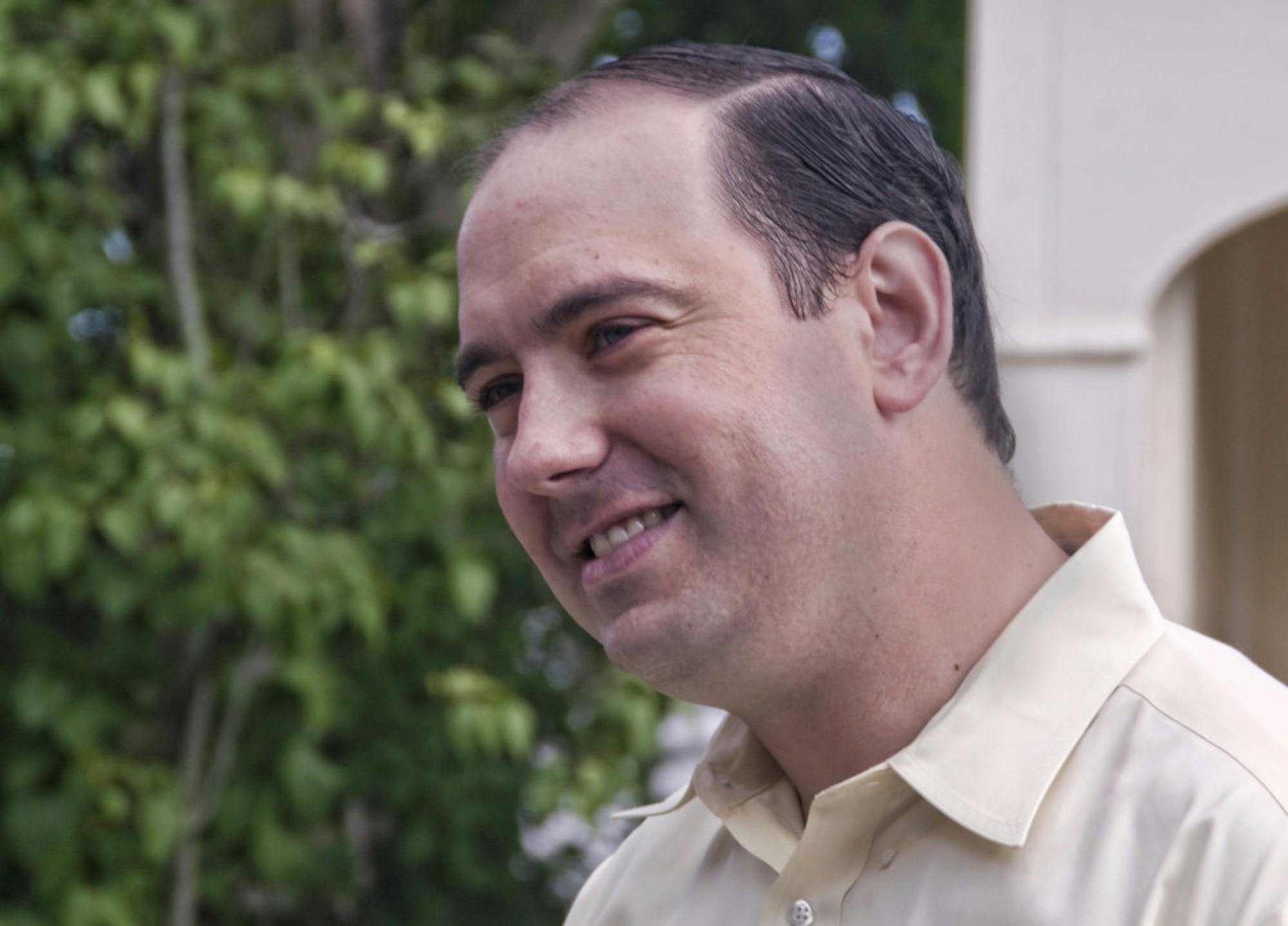Amid a nationwide rise in immigration enforcement, Massachusetts lawmakers and advocates have renewed a push to limit police cooperation with federal immigration authorities. Legislators introduced a new "Safe Communities Act" bill in January, and it has already accrued dozens of sponsors on Beacon Hill, though advocates hope it is not sidelined like a similar bill last year.
This session's version of the Safe Communities Act would limit law enforcement agencies’ ability to ask about residents’ immigration status, notify federal authorities about release plans or forge pacts with federal Immigration and Customs Enforcement (ICE) that let local police act as immigration officers.
Some of these policies already exist in several Massachusetts cities and towns known as sanctuary communities, but the Safe Communities Act seeks to extend those protections throughout the Commonwealth. Law enforcement officers are also already barred from detaining people at ICE’s request, the result of a 2017 state Supreme Judicial Court ruling.
State Senator James Eldridge (D) believes these protections are especially crucial now because Donald Trump’s administration has pursued a policy of deporting undocumented immigrants indiscriminately. Eldridge, who filed the bill in the Senate, says he has seen an uptick in deportations in his district, which extends from Acton to Westborough.
“We don’t want law enforcement or state taxpayer dollars to assist with the deportation of fathers and mothers who are working hard and giving back to their communities,” Eldridge said.
Five days after his inauguration, Trump ended former President Barack Obama’s Priority Enforcement Program, which focused on immigrants convicted of significant crimes. This has meant undocumented immigrants who were previously not considered priorities now risk deportation, says Amy Grunder, director of legislative affairs for the Massachusetts Immigrant and Refugee Advocacy Coalition (MIRA).
“The federal government is much more aggressive,” Grunder said. “It’s pursuing people who have no criminal record whatsoever.”
The fear that this policy creates is palpable even in sanctuary communities, according to Massachusetts state Senator Patricia Jehlen (D), whose district includes Medford and Somerville. She heard from one Somerville teacher whose students were afraid to cross over into Cambridge because of uncertainty over immigration status, even though both cities have sanctuary policies that prevent collaboration with ICE.
“Imagine being a young person who is afraid to cross city lines because of citizenship status,” Jehlen, a co-sponsor of the Safe Communities Act, said.
State Rep. Denise Provost (D), whose district covers part of Somerville, also co-sponsored the bill. She noted that a large percentage of Somerville’s residents are foreign-born, including people who could lose their legal status if Trump’s effort to revoke Temporary Protected Status succeeds. Somerville is already a sanctuary community, she said, but residents statewide should be protected.
“It seems ludicrous that the rights of residents should depend on where they live in the state,” she said.
If immigrant residents fear that local police might ask about their legal status or collaborate with ICE, they may avoid talking to police at all costs, preventing them from reporting crimes they have witnessed or been victims of, Grunder and Eldridge explained.
“If they see a crime happening in their community, if they happen to be a victim of domestic violence, they might not be comfortable going to the police,” Eldridge said.
The problem extends beyond undocumented immigrants, Grunder added, because legal immigrants can be subject to deportation. This chilling effect on crime reporting has led many police chiefs to support previous versions of the Safe Communities Act, she noted.
The bill would also ban so-called 287(g) agreements with ICE that deputize police agencies for immigration enforcement, a program used by three county sheriffs in southeastern Massachusetts and the state Department of Corrections. It would prevent police from notifying ICE when they plan on releasing people from custody, unless the detainee is ending a criminal prison sentence. Finally, it would ensure that anybody in police custody gives consent before being questioned for immigration purposes.
“We can’t control ICE’s behavior,” Grunder said. “But we can at least ensure that we are not using state and local tax dollars to assist ICE, to the detriment, we believe, of public safety.”
Provost likened the effort to Massachusetts’ status as an early adopter of abolitionism, leading to a 19th-century law prohibiting state officials from participating in the return of a fugitive slave.
The current version of the bill is more concise, Grunder says. It no longer bars law enforcement from holding people after receiving an ICE detainer because the Massachusetts Supreme Judicial Court's ruling already ended this practice.
The Senate passed a version of the bill in its annual budget last year, but the House failed to pass the measure by the end of its session. Eldridge and Grunder noted that, even though many legislators supported the bill, a vocal coalition of conservative voters spoke out against it.
Governor Charlie Baker has also expressed opposition to the Safe Communities Act, arguing that it would hamper law enforcement agencies’ ability to work with federal officials to hold dangerous criminals. Grunder believes this opposition could mean the bill will need veto-proof majorities. Meanwhile, Eldridge is disappointed but hopes advocates can convince the Governor.
To build support, MIRA plans to focus its advocacy efforts on legislators who represent less immigrant-heavy districts, many of whom do not view the Safe Communities Act as a priority, Grunder says. She is optimistic that more legislators and voters are aware of the bill than ever before, noting that no legislators lost reelection due to their support for the bill.
Eldridge shares Grunder’s optimism.
“This is an opportunity for Massachusetts legislators to stand up for Massachusetts values,” Eldridge said.
Safe Communities Act reintroduced in state legislature

Massachusetts Senator James Eldridge is pictured.





